Why New Jersey Drivers Can’t Pump Their Own Gas
In the vast landscape of American culture and norms, the practice of self-pumping gasoline has become a ubiquitous part of the driving experience. Yet, amid the 49 states where drivers routinely take the pump into their own hands, there stands an intriguing outlier – New Jersey.
This Garden State peculiarity has puzzled and fascinated many, sparking debates and discussions about the historical, economic, and safety factors that have perpetuated the prohibition of self-service gas stations.
This article delves into the unique history and various factors that have led to New Jersey maintaining its distinction as the only state where drivers can’t pump their own gas.
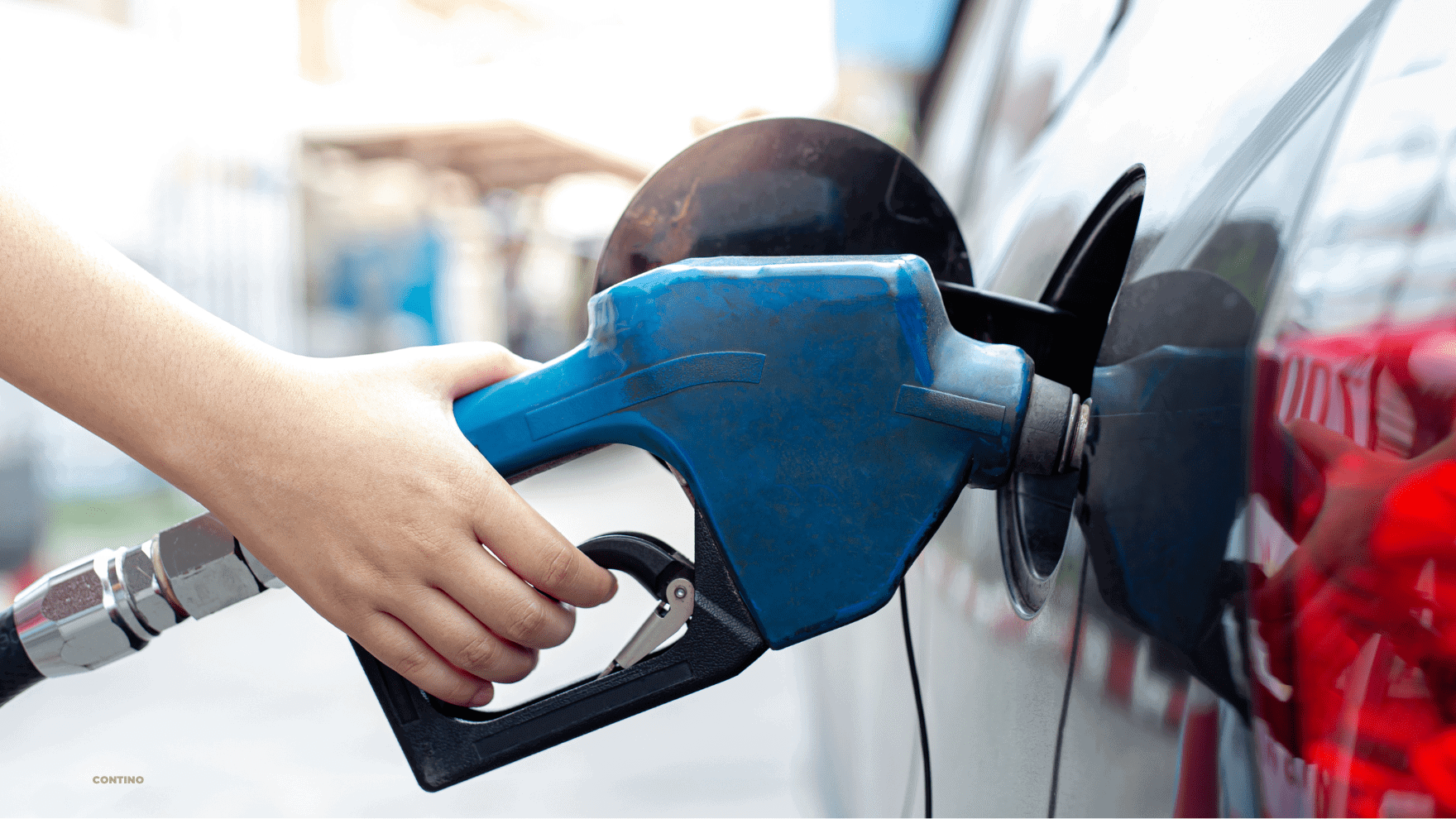 The prohibition on self-service gas stations in New Jersey traces its roots back to a law enacted in 1949, a period characterized by post-war economic growth and evolving consumer behaviors.
The prohibition on self-service gas stations in New Jersey traces its roots back to a law enacted in 1949, a period characterized by post-war economic growth and evolving consumer behaviors.
Also See: Atlantic Shores Offshore Wind Submits Project in New Jersey
At the time, concerns over unemployment were paramount, and the government sought to protect jobs by mandating that gas station attendants perform the task of pumping gas. This decision was reinforced by the belief that these jobs were integral to the local economy, providing a reliable source of employment in an era when job security was paramount.
Decades later, New Jersey’s stance on full-service gas stations continues to be a subject of debate, as it intersects with economic considerations.
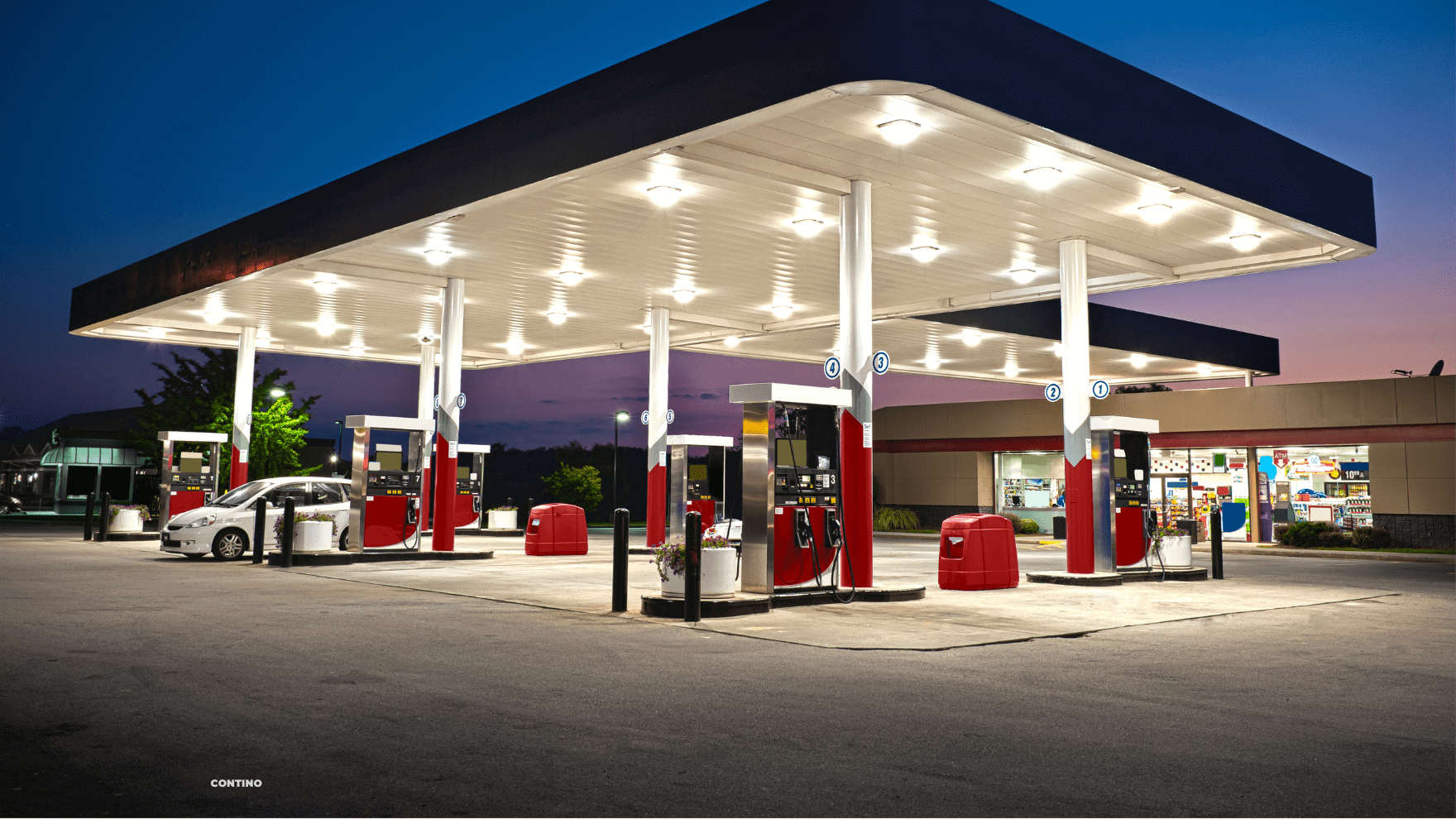
The question of whether this practice is sustainable or merely perpetuates inefficiency remains at the heart of the ongoing dialogue surrounding self-service gas stations in the state.
Opponents of allowing self-service gas stations in New Jersey often cite safety and environmental concerns as reasons to maintain the status quo. Gasoline is a highly flammable substance, and mishandling it can lead to accidents and fires.
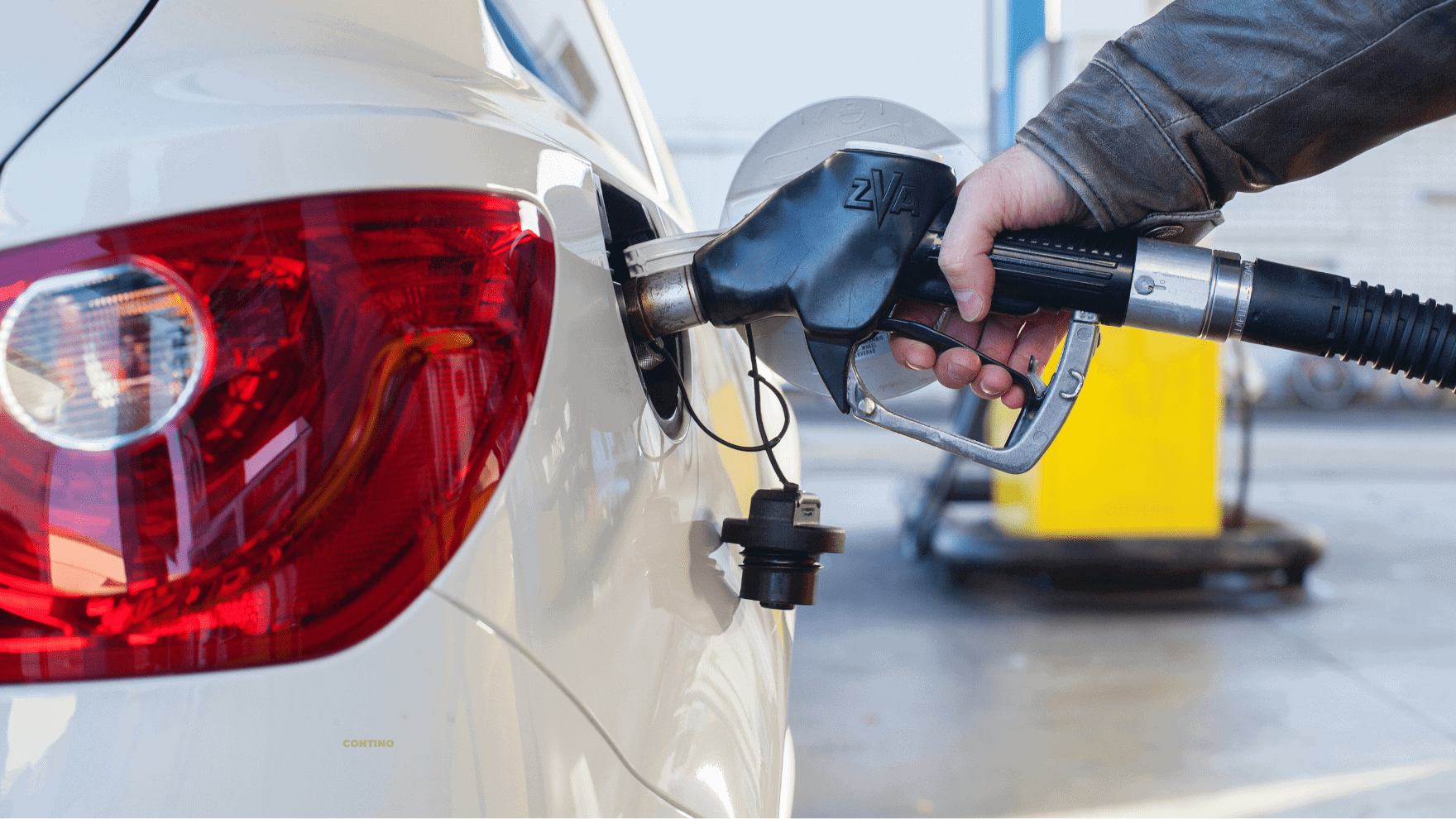
With professional attendants overseeing the fueling process, the likelihood of spills and leaks is minimized, contributing to a safer and more ecologically responsible gas station experience.
In a society that values convenience and autonomy, the prohibition on self-service gas stations in New Jersey can appear as an anomaly. However, proponents of the existing system argue that full-service stations offer certain advantages to consumers.
Also See: Cape May To Host Ukrainian Week Events
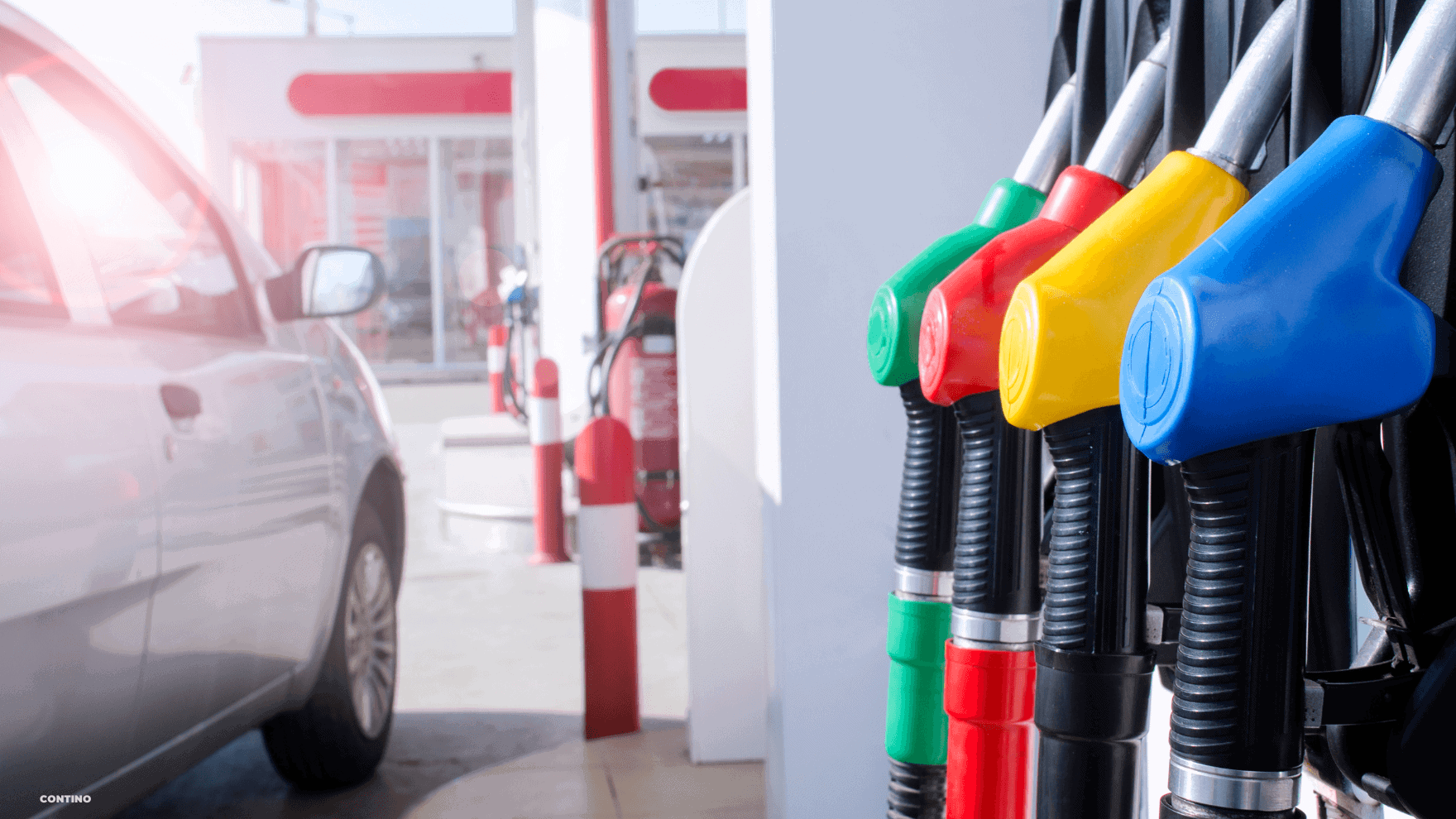
Moreover, individuals who may have mobility challenges, or disabilities, or prefer not to handle the fueling process themselves can find solace in New Jersey’s unique arrangement.
Over time, the prohibition on self-service gas stations in New Jersey has also taken on a cultural and identity dimension. It has become a symbol of the state’s distinctiveness and a source of pride for some residents.
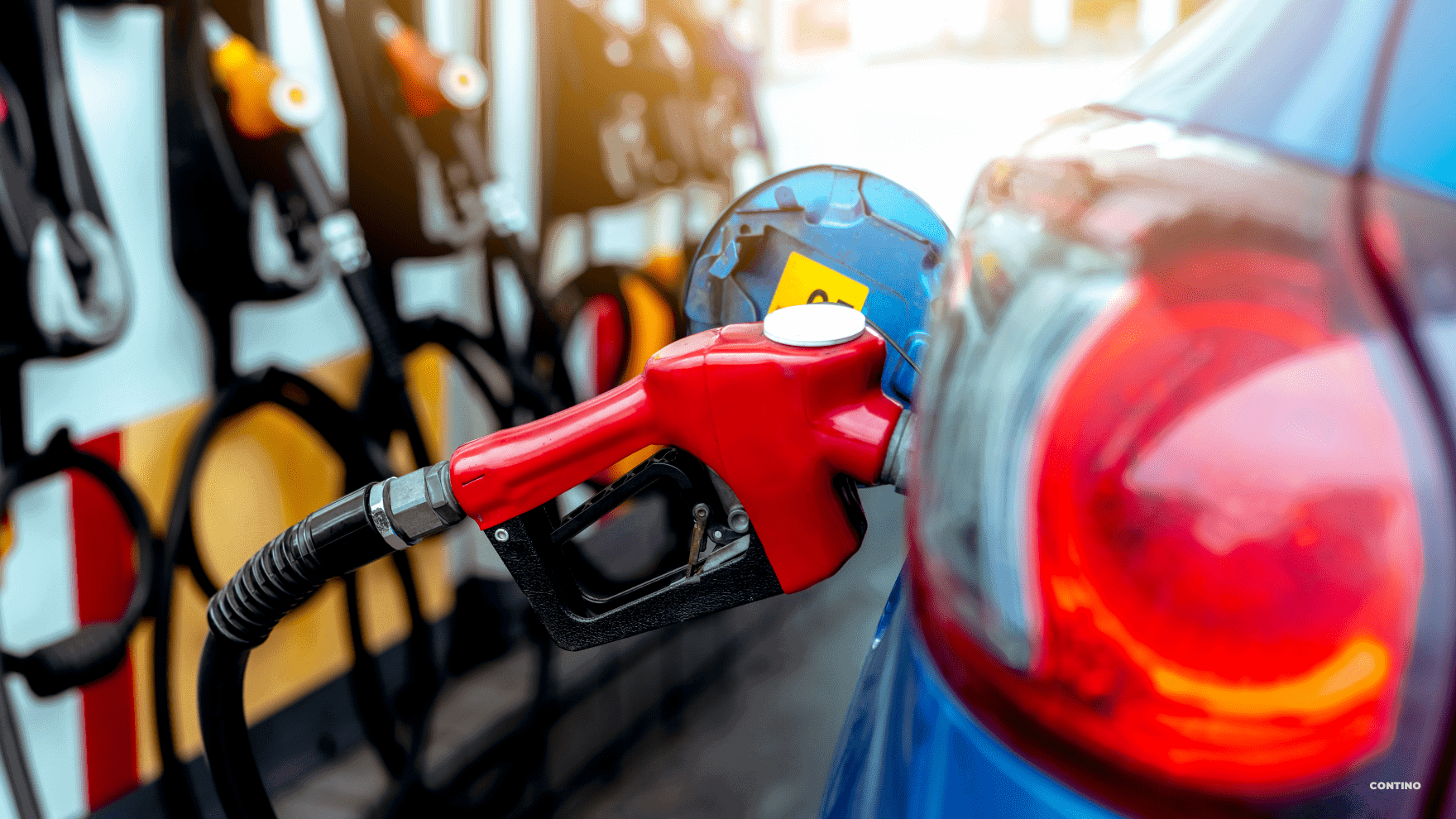
The practice becomes not just a matter of convenience but a piece of the state’s identity that differentiates it from the rest of the nation.
Because New Jersey boasts lower gas prices compared to both New York and Pennsylvania, a multitude of drivers from nearby states choose to cross the state border in order to refuel their vehicles.
This week New Jersey became the last state that doesn’t pump its own gas after Oregon lifted its self-serve ban.
Do you prefer to pump your own gas or have someone else do it?
